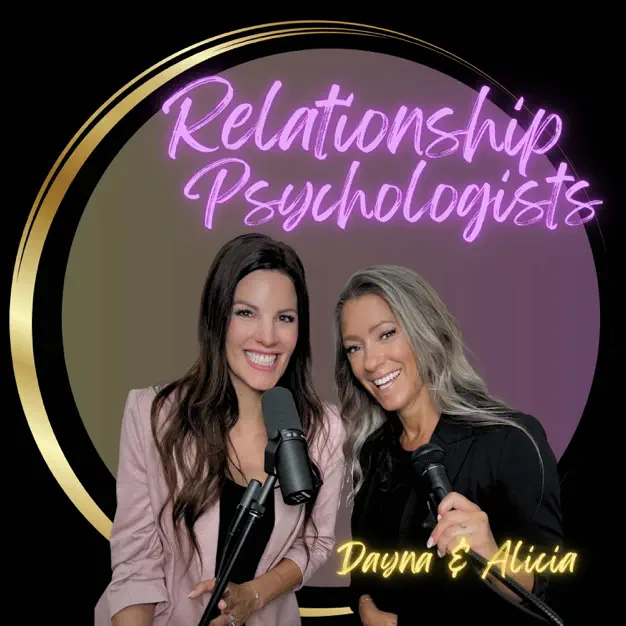
In the aftermath of a divorce, parents find themselves trekking through a series of precarious decisions. Among the nuanced challenges is the question of how much to share with their children about the dissolution of the marriage and the reasons behind it. As a psychologist, the goal always leans toward safeguarding the child’s emotional well-being while fostering healthy, transparent relationships. This brings us to a vexing dilemma: should we protect our children from the harrowing details of the split, or does honesty, in fact, lay the groundwork for trust and resilience? It has been the discussion in my office as of late and this blog is here to offer some thoughts for both sides of this dilemma.
The Case for Protection
The argument for shielding children from the distasteful aspects of the divorce is rooted in the premise of creating a stable, nurturing environment. Destabilizing events, such as a contentious divorce, may adversely impact a child’s psychological development. Research consistently shows that exposure to parental conflict can lead to increased anxiety, depression, and issues with self-esteem in children.
Protecting children from the raw details of a split allows them to maintain a positive image of both parents. This, in turn, supports the development of secure attachment styles, critical for healthy emotional and social growth. A Harvard study on child development underscores the importance of such protection, suggesting that children who are shielded from familial conflicts demonstrate better adaptability and resilience in the face of life’s challenges.
However, Overprotection Has Its Pitfalls
Counterintuitively, opting not to divulge any information about the other parent or the causes behind the divorce could foster an environment of mistrust and confusion. Children are inherently perceptive and can sense when something significant in their environment has changed. When they perceive that a parent is withholding information, it might not only lead to mistrust towards that parent but also contribute to a general sense of insecurity.
For instance, if a child is aware of a parent’s addiction or infidelity but this reality is never acknowledged, they may begin to question their perception and truth. This self-doubt can cascade into adulthood, manifesting as difficulties in trusting others or themselves. The Journal of Marriage and Family published a comprehensive review, highlighting that children who sensed but were not informed about parental issues often developed relational and self-esteem issues in later life.
Striking a Delicate Balance
The path forward lies in balancing protection with honesty. It’s crucial to tailor conversations to the child’s age and maturity level, providing them with the information necessary to understand the situation without overburdening them with adult concerns. This approach fosters an environment of trust and openness, allowing children to feel secure in their relationships with both parents.
Real-world examples illustrate the success of this balanced approach. In cases where parents have been able to maintain a respectful dialogue about the divorce and remain united in their co-parenting, children have shown remarkable resilience. They emerge more adaptable to change, with a stronger sense of security in their relationships.
Conclusion
In conclusion, while the instinct to protect our children from the pain of divorce is both natural and commendable, it is essential to navigate these waters with a keen sense of balance. By combining protection with the right amount of transparency, we can help our children build a strong foundation of trust and self-assurance that will serve them well throughout their lives. While we aim to protect and create security at all costs, how many times are children left in the dark about any details and later on question their own instincts and end up not trusting themselves or others. These are delicate questions with no clear answers, but nonetheless deserve a conversation.
Let’s commit to fostering an environment where honesty and protection go hand in hand, ensuring our children emerge from the situation stronger, more resilient, and confident in the reliability of their relationships.
